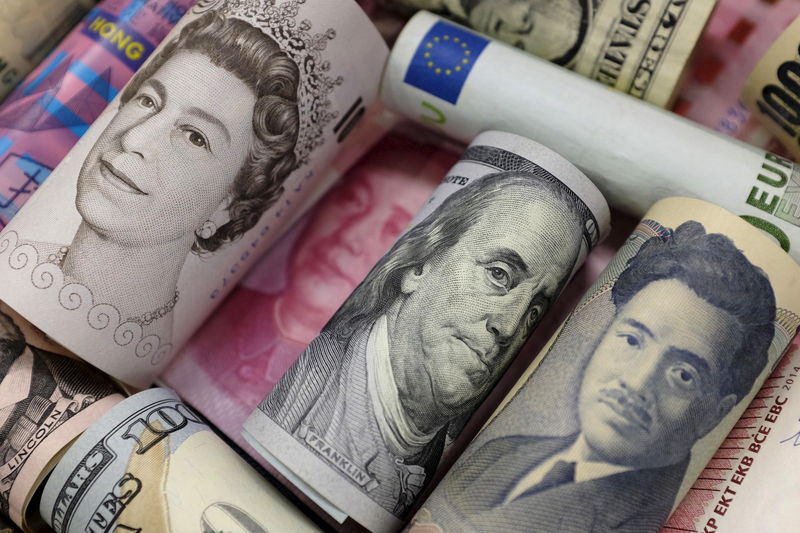Gold prices dip as December rate cut bets wane; Fed, econ. data in focus
Investing.com -- The U.S. Department of the Treasury and Taiwan’s central bank have agreed to continue close consultations on macroeconomic and foreign exchange matters, according to a joint statement released Friday.
Both parties confirmed they will avoid manipulating exchange rates or the international monetary system to prevent effective balance of payments adjustment or to gain unfair competitive advantage.
The agreement, made under the auspices of the American Institute in Taiwan and the Taipei Economic and Cultural Representative Office in the United States, includes several key commitments.
The two sides concurred that macroprudential or capital flow measures will not target exchange rates for competitive purposes. They also agreed that public investment vehicles such as pension funds will invest abroad for risk-adjusted return and diversification purposes, not to target exchange rates competitively.
Regarding intervention in foreign exchange markets, both parties stated this should be reserved for combating excess volatility and disorderly movements in exchange rates. Such interventions would be considered equally appropriate for addressing excessively volatile or disorderly depreciation or appreciation.
The statement emphasized the importance of transparent exchange rate policies and practices. Both sides committed to publicly disclose foreign exchange intervention operations on at least a quarterly basis with a quarterly lag, as well as foreign exchange reserves data and forward positions according to the IMF’s Data Template on International Reserves and Foreign Currency Liquidity.
This article was generated with the support of AI and reviewed by an editor. For more information see our T&C.
